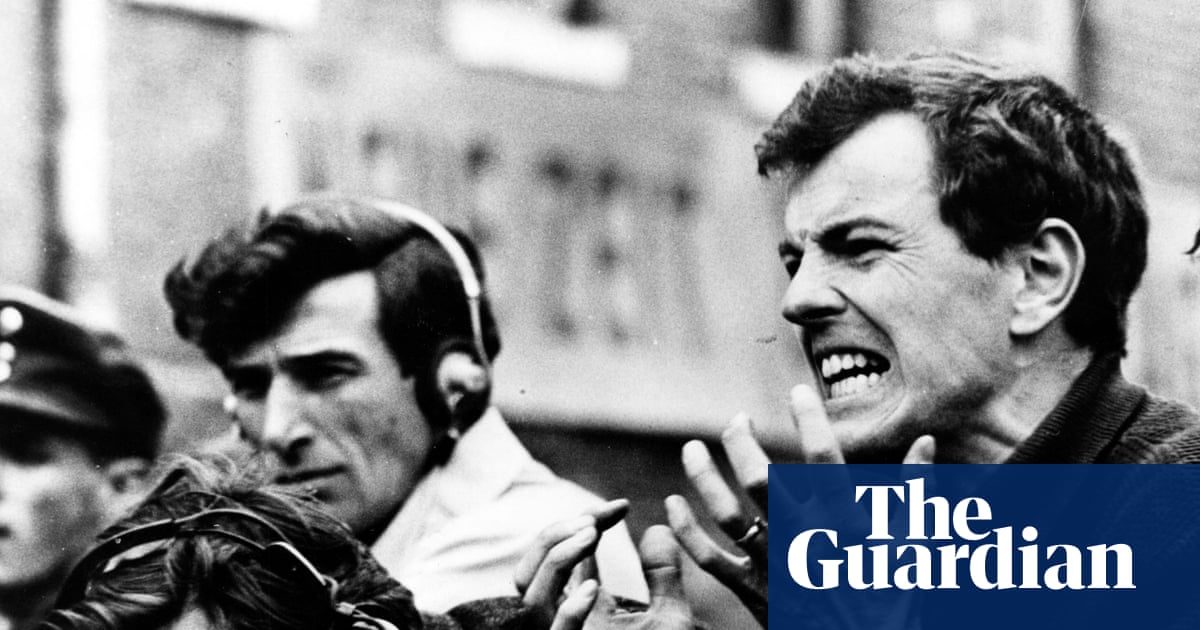
"Dystopian, post-apocalyptic, mockumentary: these are common, even hackneyed genres in today's movies and television. But when film-maker Peter Watkins deployed them in the 1960s, they were revolutionary, and Watkins himself was revolutionary as well an English revolutionary, in fact, alive to the cruelty and iniquity of kings but also to that of people bent on decapitation. His cinema persistently asked questions about those in power, and what will happen when their power goes catastrophically wrong."
"An artist dedicated to challenging and upsetting, Watkins came from the dissenter tradition of uncompromising radicalism on screen and stage the same tradition as Edward Bond, Ken Loach and Dennis Potter. His enduringly brilliant and angry anti-nuclear drama The War Game was commissioned but then banned by the BBC in 1965. (It screened in cinemas, and was finally shown on television a couple of decades later.)"
Peter Watkins pioneered dystopian, post-apocalyptic mockumentary techniques in the 1960s as a means to interrogate power. He combined radical dissent with a focus on the cruelty of authority and those who enforce violence. Watkins emerged from a dissenter tradition alongside Edward Bond, Ken Loach and Dennis Potter. His anti-nuclear drama The War Game was commissioned then banned by the BBC in 1965, later screened in cinemas and broadcast decades afterward. The 47-minute drama immersed viewers in fear by portraying ordinary British people and undertrained GPs, police, soldiers and civil servants as grotesquely inadequate in the face of nuclear catastrophe, contrasting with top-down films like Dr Strangelove and Fail Safe.
Read at www.theguardian.com
Unable to calculate read time
Collection
[
|
...
]